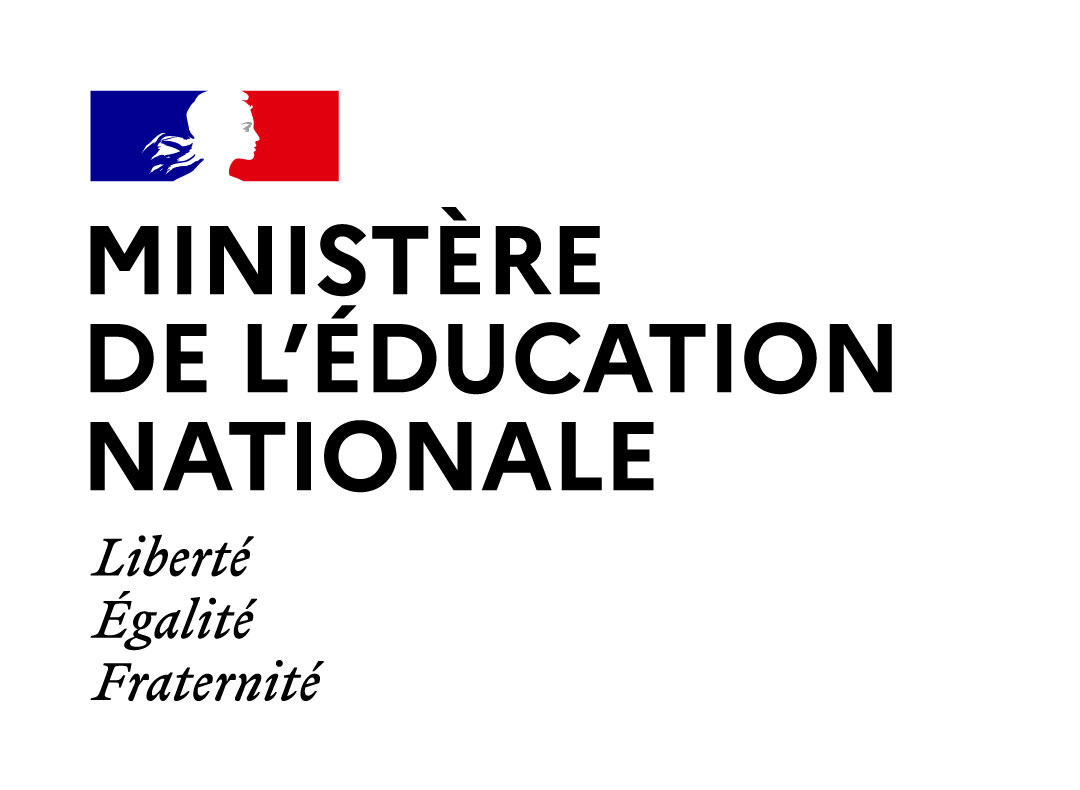
General principles
The French constitution states that it is ‘the duty of the state to provide free, compulsory, secular education at all levels'. The French school system was founded on general principles that were inspired by the 1789 revolution, and were added to and have taken shape with a set of legislative texts from the 19th century to the present day.
Mis à jour : mai 2024
Academic freedom
State schools and private schools that have a contract with the state coexist within the state system. In exchange for signing a public contract, private schools benefit from state support but are subject to regulation and must respect the national curriculum. The state alone awards diplomas. Exams are set at the national level. 83% of pupils are schooled in the state system and 17% in private schools. A small number of pupils are taught in private schools that have not signed a public contract.
Free provision
Provision of schooling at level 1 (premier degré: nursery and elementary schools), level 2 (second degré: lower secondary/collèges and upper secondary general, technological and vocational lycées) is free in state schools. Building, equipment and running costs are divided between the various local authorities. School textbooks are provided for free until the end of secondary school, as are all shared materials and school supplies. In high school, families generally have to pay for textbooks. In practice, many regions subsidise or cover the cost of textbooks.
Neutrality
The curriculum and content of teaching have to respect the principle of neutrality. Teachers and pupils are required to show philosophical and political neutrality.
Secularism (Laïcité)
The French school system has been based on the principle of secularism since the end of the 19th century. State schooling has been secular since the Jules Ferry Education Act of 28 March 1882. The respect for the beliefs of pupils and their parents means the absence of religious teaching in the syllabus - which does not prevent the teaching about religion - and the banning of proselytism.
Secularism Charter
The School Secularism Charter has been developed for staff, pupils and the broader school community. It sets out the meaning and implications of the secularism principle, how it fits into liberty, equality and fraternity within the French Republic and in a school setting. This charter serves as a reminder that the teaching of the Republic's values is a role entrusted to Schools by the state.
For further information on the Charter
Compulsory Education
Schooling has been compulsory since the law of 28 March 1882. It is compulsory from the age of six for all French or foreign children of both genders who are resident in France. Initially schooling was compulsory until the age of thirteen but was extended to the age of 16 in 1959.


